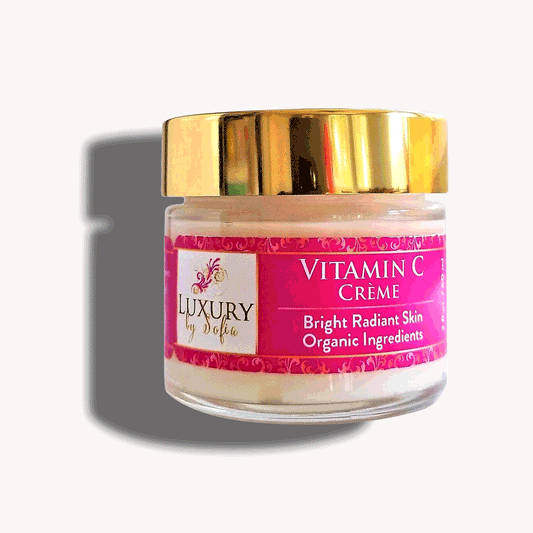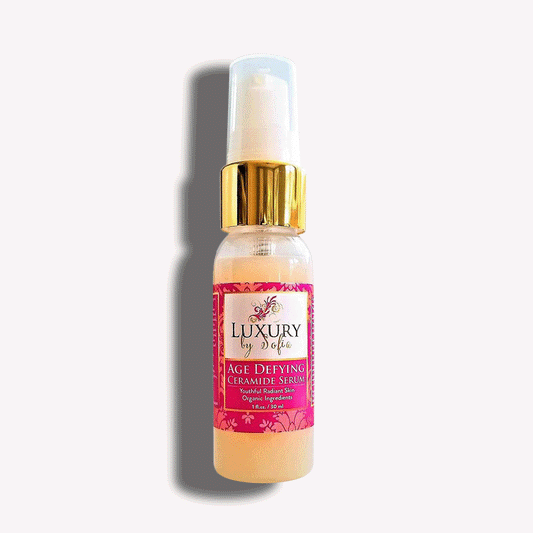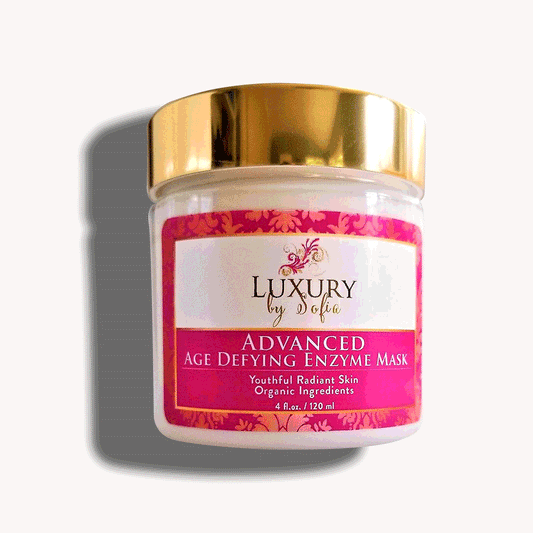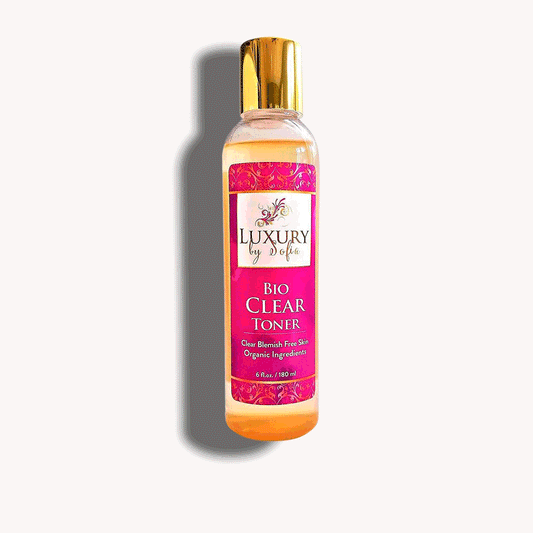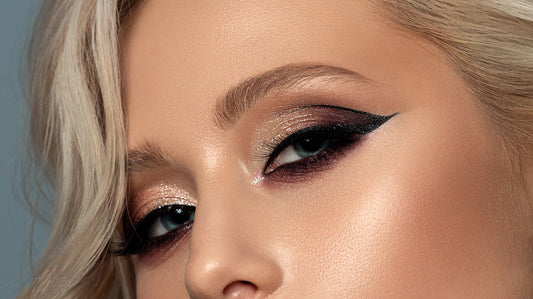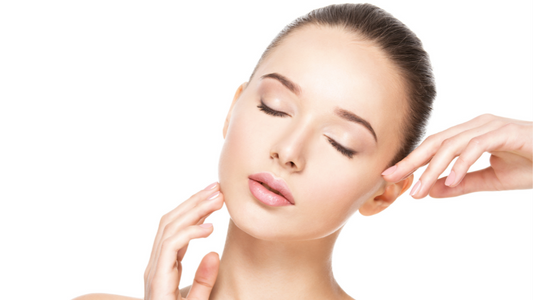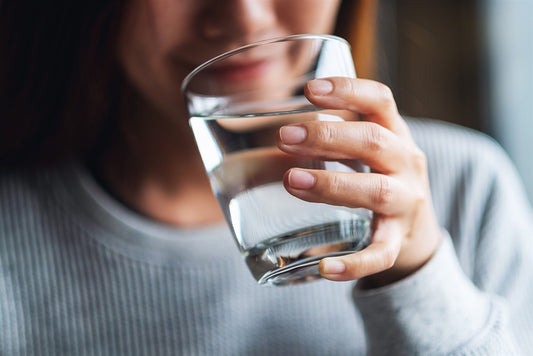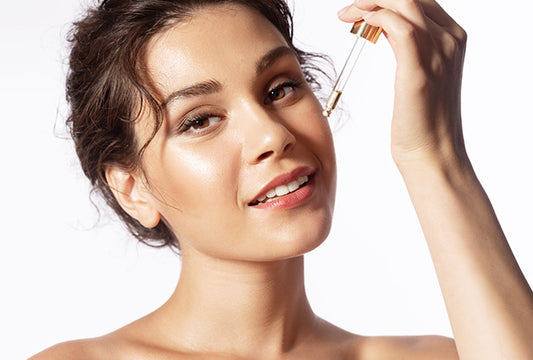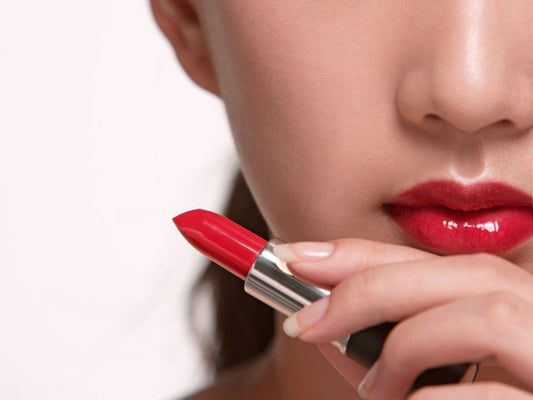You may have heard the saying "the best sunscreen is the one you'll use," but how do you get people to actually apply it? The sun protection factor (SPF) of a sunscreen refers to its ability to prevent UVB rays from damaging skin. However, if not applied properly and frequently, even the highest SPF can fail to provide adequate protection from harmful rays. So how often should you apply your favorite sunblock? How much should you use? Is every type of SPF equally effective? Let's find out!

What Is Sunscreen?
Sunscreen is a broad term for a product that protects your skin from the sun's ultraviolet (UV) rays. Sunscreen can be in the form of lotion, cream, spray or stick and works by acting as a physical barrier between your skin and the sun's rays.
Try Now: Organic All Natural Zinc Sunscreen
Why Do You Need To Wear Sunscreen?
The most important thing to know about sunscreen is that it's the only way to prevent skin cancer and premature aging. If you don't wear sunscreen, your chances of developing a melanoma (the most serious type of skin cancer) increase by 75%.
In addition to protecting against melanomas, wearing sunscreen helps prevent wrinkles and hyperpigmentation. Wearing sunscreen on a regular basis will also reduce your risk for sunburns and make them less severe when they happen!
Sunscreen is important because it protects your skin from harmful UV rays, which cause damage over time if unprotected.
What's In Your Sunscreen?
Most people think of sunscreen as a physical barrier that blocks out the sun's rays. But it's actually made up of chemical ingredients that absorb UV radiation and then release it as heat. Some of these chemicals are safe, while others can cause skin irritation or even cancer.
Some people have allergies to certain chemical ingredients in their sunscreen to find out what's in your brand and whether it might be causing an adverse reaction.
How Does Sunscreen Work?
Sunscreen is a chemical that absorbs the ultraviolet (UV) rays that cause sunburns and skin cancer. UV radiation is divided into three categories: UVA, UVB and UVC. While all three types of UV light can damage your skin, it's mostly UVA rays that cause premature aging in addition to causing wrinkles and other signs of aging.
UVB rays are responsible for burning your skin when you're out in the sun too long without protection; they penetrate deep into your epidermis where they damage collagen fibers, which lead to wrinkles over time. These are what we typically think of as "sunburns." They also have been linked with malignant melanoma - the deadliest form of skin cancer - though it's still unclear whether or not there is a direct causal link between UVB exposure and this type of cancer (more on this later).
When Should You Apply Sunscreen?
Sunscreen should be applied 15-30 minutes before going outside. This allows the sunscreen to soak in and protect your skin from the sun's harmful rays. Apply sunscreen after you've moisturized your skin, as well as after applying any makeup or moisturizer that has SPF already in it.
If you are going to be outdoors for a long period of time (such as if you're spending all day at an outdoor festival), reapply sunscreen every two hours or so (and more often if sweating).
How Does It Protects The Skin From Damaging Ultraviolet Rays?
Sunscreen is a product that protects your skin from damaging ultraviolet rays. It does this by absorbing UVB rays before they can damage skin cells, and also by reflecting UVA rays, which are less intense, but still cause damage. The SPF number indicates how much protection it provides against UVB rays.
Which Type Of SPF Should You Choose?
The sun protection factor (SPF) is the measure of how well a sunscreen protects you from UVB rays. It's important to know that the SPF rating is relative: it represents how much longer it will take for your skin to burn when wearing that particular product compared with not wearing any at all. So, if you normally burn in 10 minutes without sunscreen and apply an SPF 15 lotion that has been tested as blocking 93% of UVB rays, then you'll be protected for 150 minutes before burning (10 x 1/93 = 13:40).
The higher the SPF number on your bottle of lotion or spray, the more protection you get from UVA and UVB rays; however, there are some caveats here too. A product with an SPF 15 rating blocks 93% of all incoming radiation, but only if it's applied correctly! If your application isn't thick enough or if you don't reapply every two hours or so throughout the day (even more often if swimming), then there's a good chance that this level may not be enough for complete protection against harmful effects such as premature aging and skin cancer risks associated with overexposure during daylight hours over long periods of time.
Do Babies Need To Wear Sunscreen?
Babies do need to wear sunscreen, but it's important to realize that their skin is more sensitive than adult skin. Babies are more likely to burn and develop sunburns than adults. Protect your baby from the sun by keeping him or her in the shade, covering up with protective clothing (like a hat), and applying sunscreen at least 30 minutes before going outside.
You may be wondering what type of sunscreen you should use on your child's delicate skin? The best choice for babies is a mineral-based product that provides broad spectrum protection against UVA and UVB rays. Look for formulas labeled "broad spectrum" on the label; these contain active ingredients designed specifically for young children's sensitive complexions.
Can I Use A Facial Moisturizer With SPF Instead Of A Sunscreen To Protect My Body From The Sun?
You can't. Moisturizers with SPF do not offer the same level of protection as sunscreen. You will need to reapply them more often, which means you are not getting adequate protection from the sun's rays. In addition, moisturizers don't last as long as creams and lotions that contain mineral or chemical sunscreens a key ingredient in most broad-spectrum sunscreens that protects against UVA rays (which cause wrinkles) and UVB rays (which cause burns).
If you want to protect your skin from premature aging, wrinkles and other damage caused by the sun's ultraviolet radiation, choose a product with an SPF rating of 30 or higher; look for one with an ingredients list that includes zinc oxide or titanium dioxide or both as these minerals provide better coverage than chemical agents such as avobenzone (chemical name: Parsol 1789) or octocrylene (chemical name: oxybenzone).
Try Now: Organic Face Moisturizer
Make Sure You Use Sunscreen Every Single Day
Sunscreen is not optional. It's not just for summer, and it's not just for kids. You should be using sunscreen every single day, no matter what time of year it is or where you live in the world.
You may think that because you live in a more temperate climate that less intense sun exposure means less need for protection; but even if it's cloudy outside (or even if it isn't), UV rays can still penetrate clouds and water droplets at ground level to reach your skin, so don't let this fool you into thinking that because there aren't any direct rays coming out of the sky onto you right now as long as there aren't any clouds overhead, then there isn't any need for sunscreen today either!
Conclusion
We hope this article has helped you understand the importance of sunscreen and how it works. We know that it can be difficult to remember to apply sunscreen every day, but with these tips and tricks we hope you'll be able to make sure that your skin is protected from damaging ultraviolet rays.

